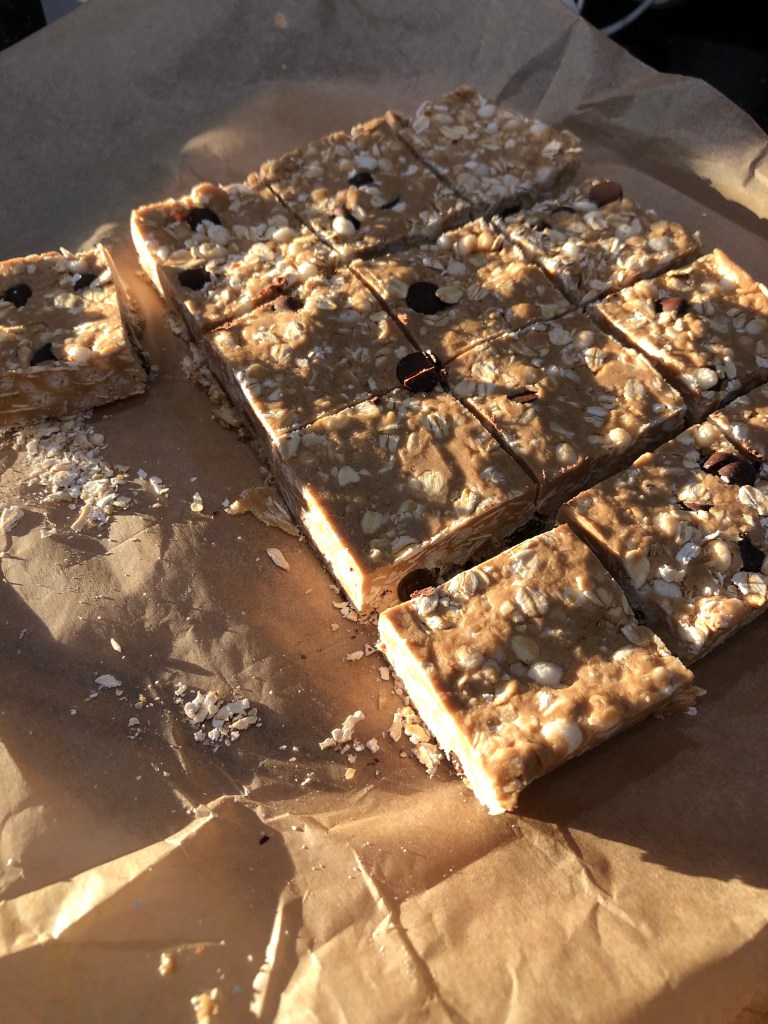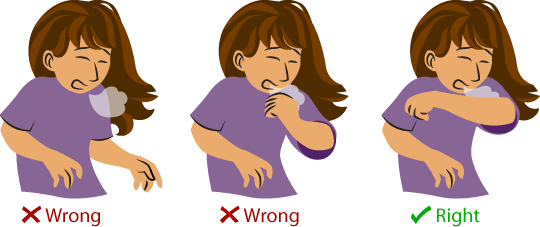
It seems like everyday there is more research coming out about the importance of Vitamin D. With it’s influence on our immune system, now is an important time to make sure you have sufficient Vitamin D levels.
How do we make vitamin D?
Sunshine is how we make vitamin D. When you are exposed to UVB rays, our bodies make cholecalciferol (D3) from cholesterol in our skin. It is then converted to 25-hydroxyvitamin D in the liver. This is what is measured in a vitamin D blood test. From here it gets converted to its active form, calcitriol, either in the kidneys or by the immune system and then released into circulation for the body to use.
Sunscreen blocks UV light, so if you are conscientious about applying it, you may not be making enough vitamin D in your body. In the winter months, even in Australia, the days are shorter and the sun is lower in the sky resulting in less UV rays getting to us. So even in Australia many people are vitamin D deficient.
What happens if we don’t get enough vitamin D?
We need vitamin D to absorb calcium from our diet. So if we don’t get enough the body takes calcium out of the bones to use for muscle and nerve functioning as well as blood clotting. This can result in softening of the bones called rickets in children and osteomalacia in adults.
We have known that vitamin D was important for bone health for many years, but only recently have we realised that it affects other parts of the body as well. We need it for a proper functioning immune system so that we can effectively fight off infections. Vitamin D also decreases inflammation and low levels have a particular effect on the symptoms of asthma and arthritis. Low levels of vitamin D are also associated with obesity and Type 2 diabetes.
How do we get enough vitamin D?
Ideally we get it from the sun as this is the most effective way. But we still want to be careful of getting burned. Depending on your location and the time of year, it is generally recommended to get outside before 10am or after 4pm for about 20mins with as much skin showing as possible. Although winters in Australia are far from cold and snowy in most parts, we still don’t get much sunshine with shorter days and the sun being low in the sky. My family doesn’t wear any sunscreen in the winter.
Some people may need to take a supplement. If you have darker skin you won’t make vitamin D as efficiently. Also menopausal women may need to supplement due to hormonal changes. Anyone who diligently wears sunscreen or covers most of his or her skin with clothing should also consider a supplement. The American paediatric association also recommends supplementing infants. Breastfed infants are most likely deficient because their mothers are deficient and they are rarely left out in the sun.
So try to get outside everyday if possible. This is especially important with winter coming along as our days get shorter. And if you think you may be deficient, talk to your naturopath about getting it tested.




